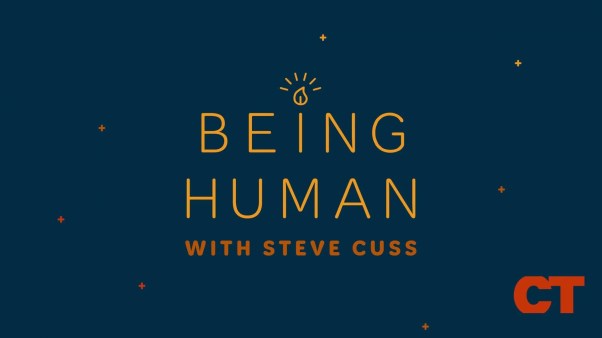For decades, the Kentucky Baptist Convention had appointed the board of trustees of Georgetown College—all required to be Southern Baptist—and financially supported the small liberal arts school.
But that arrangement recently ceased as Georgetown decided to forgo convention funding, allow non-Baptists on its board, and expand its fundraising.
In November, the Kentucky convention voted to sever its remaining ties with the college, ending a scholarship program to attract students from the state's Baptist churches.
Its decision came after Georgetown moved away from a statement of specific Baptist identification to one "built on a Baptist foundation" in pursuit of a "knowledge of and commitment to the Christian faith."
But a major new study by the Council on Christian Colleges and Universities (CCCU) raises questions about what happens when schools with strong denominational ties loosen them.
The three-part study, published in the journal Christian Higher Education, surveyed thousands of faculty members and students at 79 evangelical schools.
According to the study, structural support for denominational identity persists in many evangelical colleges. Church bodies, for example, appoint some or all trustees at 87 percent of the institutions, and 59 percent require at least some faculty (particularly those who teach Bible or theology) to belong to the supporting denomination.
The study found "a general sense of goodwill" toward sponsoring denominations among students and faculty, even as denominational colleges draw fewer students (an average of 41%) from their own ranks.
But students repeatedly indicated a preference for a "more general or generic Christian identity," reported study authors Phil Davignon, Perry Glanzer, and Jesse Rine. More than two-thirds of faculty, meanwhile, said they support hiring Catholic and Orthodox colleagues, "a practice that would likely weaken the denominational character of the institutions they serve over time," the authors said.
Abandoning "sectarian differences" raises concerns for those who believe denominational identity "sustains a richer theological language and set of practices" in Christian colleges and prevents a slippery slope toward secularization, the study concluded.
"Some of these trends are beyond the control of Christian colleges," said Rine, director of research projects at the Council of Independent Colleges. After all, the shift away from denominations is happening among churches themselves, not just their schools. "However, we also found that students are rarely required to complete any specific coursework regarding the history or theology of the institutions' sponsoring denominations. This is a missed opportunity."
The study's findings resonate with David Dockery, president of Union University, a Southern Baptist college in Tennessee.
"Some of this has to do with the changes that took place within denominations," he said. "Evangelical Baptists and evangelical Presbyterians share much more in common than do liberal and evangelical Baptists or liberal and evangelical Presbyterians. This reality, coupled with the rise of something like a 'mere Christianity' nondenominationalism, has provided the context for a more generic kind of Christian college."
The concern, as Dockery sees it, is that when an institution abandons or softens its denominational particulars, "there is nothing to reinforce those core commitments, which likely will lead to a weakening of the college's Christian identity."
The challenge, he said, boils down to funding: The cost of Christian higher education keeps rising, while denominational funding is declining.
But William Ringenberg, a historian of Christian higher education, is skeptical, since most colleges departing from orthodoxy did so between 1920 and 1960.
"I see little secularization in the Christian colleges since then," said Ringenberg, who teaches at the interdenominational Taylor University, in Upland, Indiana. "My major concern for the near future in Christian higher education is less secularization or a reduction in denominational control than the growth of federal government control and the problem of financial access for Christian youth."









